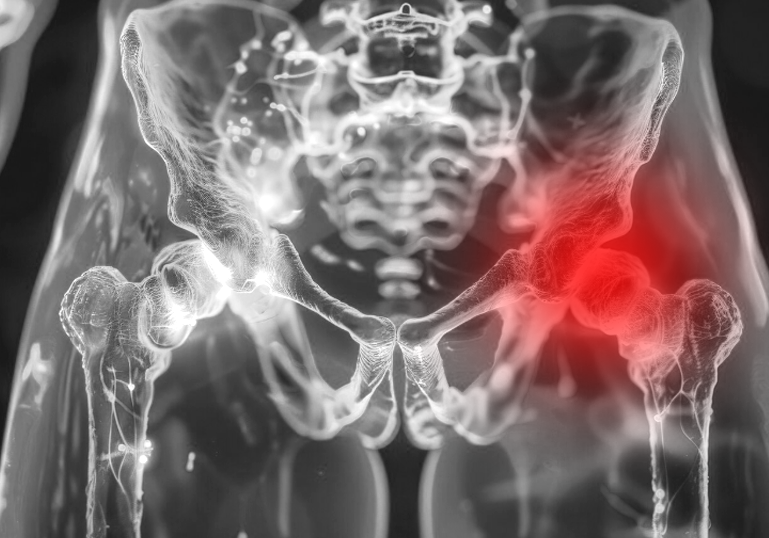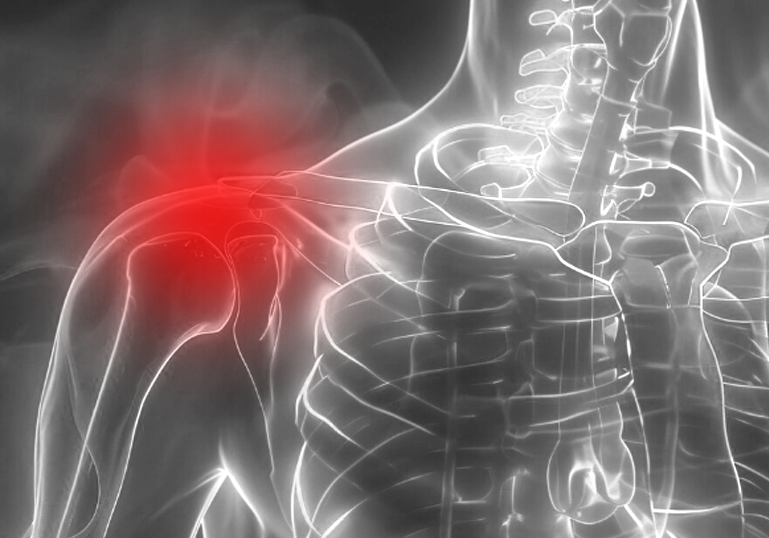Knee replacement surgery, or knee arthroplasty, relieves pain and restores function in severely diseased knee joints by replacing damaged bone and cartilage with a prosthesis made of metal alloys, high-grade plastics, and polymers.
When It’s Needed
- Severe pain, swelling, or stiffness reducing mobility
- Pain interfering with sleep or quality of life
- Difficulty with daily activities (e.g., getting out of bed)
- Depression due to pain and limited mobility
- Failure of non-surgical treatments (medications, physiotherapy, intra-articular injections)
Conditions necessitating surgery include osteoarthritis, rheumatoid arthritis, knee trauma (distal femur/proximal tibia fractures), haemophilia, gout, avascular necrosis, knee deformity, neuropathic joint, or sequelae of septic arthritis.
Types
- Total Knee Replacement (TKR): Both knee compartments replaced
- Partial Knee Replacement (UKR): One compartment replaced
Technique
- Spinal anesthesia, no tourniquet, smaller incisions
- Minimal soft tissue handling, mechanical axis alignment, ligament balancing
- Implant trial (15-20 min), implanting (10 min), wound closure (15-20 min)
- No drain, early mobilization (walking within 3-4 hours, stairs next day)
- Discharge: 3rd day (unilateral), 5th day (bilateral)
Standardized, high-volume procedures reduce surgical time, complications, and infection rates (<1%).
Recovery
Hospital stay: 3-5 days. Patients use crutches initially, stop walking aids around 4 weeks, and drive after 6-8 weeks. Full recovery takes 2-3 months, with rare persistent pain after 6 months.
Risks
- Superficial or deep infection
- Ligament, vascular, or nerve damage
- Deep vein thrombosis (DVT)
- Aseptic or septic loosening
- Persistent pain, instability, stiffness, or fractures



